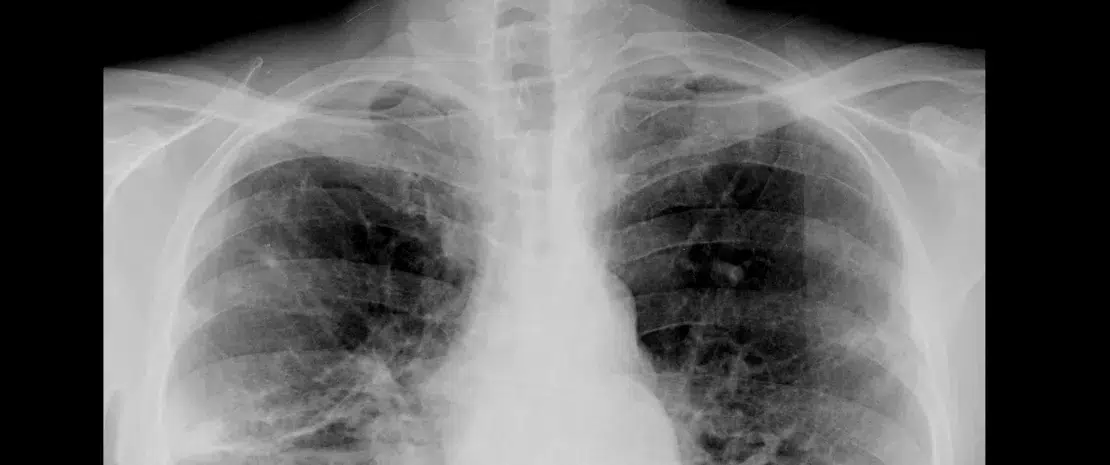Lung microbiota: a prognostic marker of COPD?
Composition of the pulmonary microbiota could well become a marker of the severity of chronic obstructive pulmonary diseases. A team brought to light a correlation between the presence of some bacteria and prognosis at one year.
Lay public section
Find here your dedicated section
Sources
This article is based on scientific information

About this article
Chronic obstructive pulmonary disease (COPD) affected 3.5 million people in France in 2010. It is responsible for over 100,000 hospitalizations per year for (sidenote: Data from the French Haute Autorité de Santé (HAS) ) . These episodes are associated with an increase of short- and medium-term mortality rates. Studies have shown that patients with COPD have a decreased lung microbiota diversity, and this dysbiosis has been cited as a potential cause of airway inflammation and decreased local immunity.
Diversity ensures a better prognosis
A new international study recently found a possible severity marker of COPD, that could identify patients at high risk of death. 102 patients hospitalized for AE were included in the study and their sputum was collected on Day 1. The microbiome was analyzed through 16S rRNA sequencing, but unfortunately it could not be compared to standard sputum cultures (cytobacteriological examination). Patients were then monitored to determine the survival rate one year after this hospitalization. According to different indices, there is an inverse linear correlation between microbiota diversity and one-year mortality: the more diverse the microbiota, the lower one-year mortality.
A dangerous bacterial combination
<>In this study, (sidenote: The technique used did not allow to identity relevant species from these two genera ) were discovered as having a strong prognostic potential. The first–Veillonella–is a bacterium from the oral commensal flora found in the lungs of adults. Its absence in the sputum of patients is associated to a 13-fold higher risk of death at one year, and Veillonella-positive (V+) patients have, in average, a shorter length of hospital stay than Veillonella-negative (V-) patients. Additionally, the presence of species from the Staphylococcus (S+) genus in the sputum is associated to a 7-fold higher risk of death at one year, and to longer hospital stays. A higher comorbidity in V‑/S+ patients was not detected: the combination of these two criteria is extremely unfavorable since V-/S+ patients are 85 times more likely to die within the first year than V+/S- patients. If these results are confirmed by other studies, screening for these two bacterial genera could thus become a “standard” test to identify high-risk patients.




